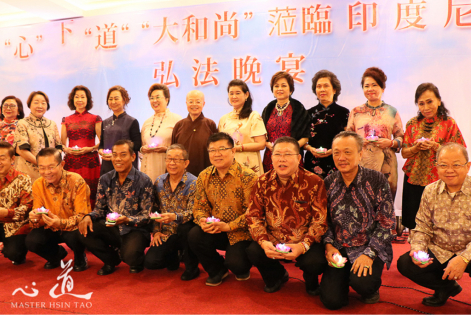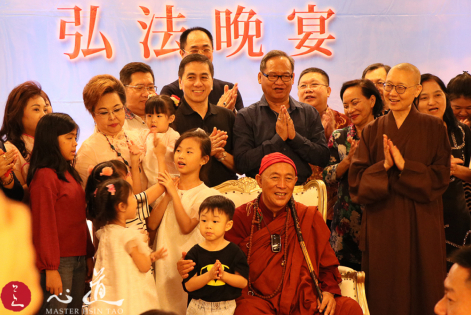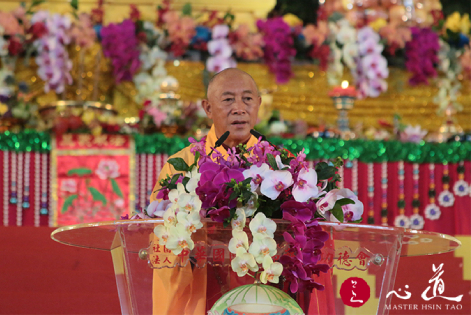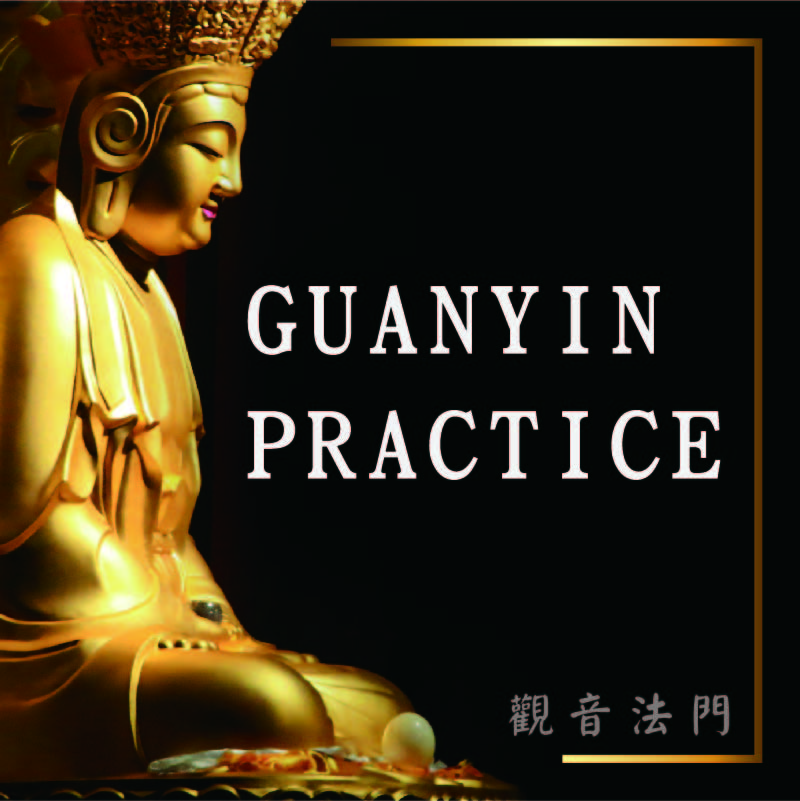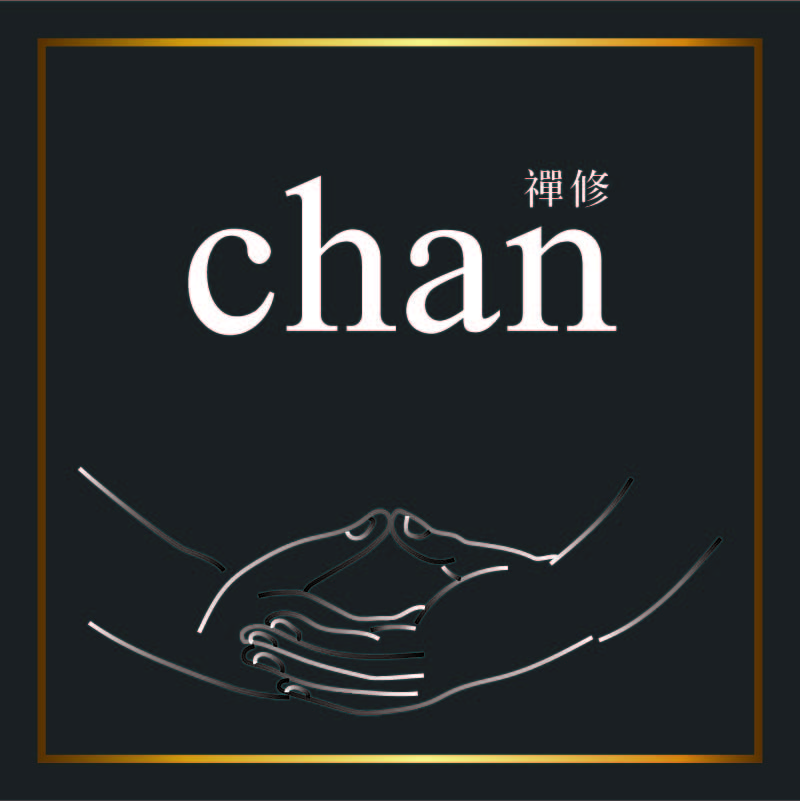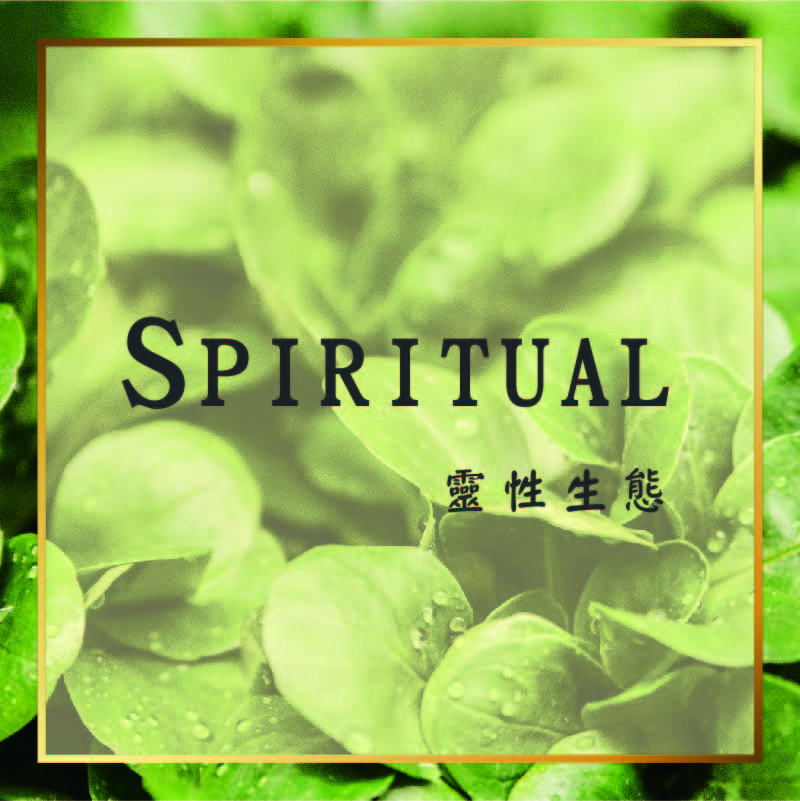
The Navigator of a Happy Life
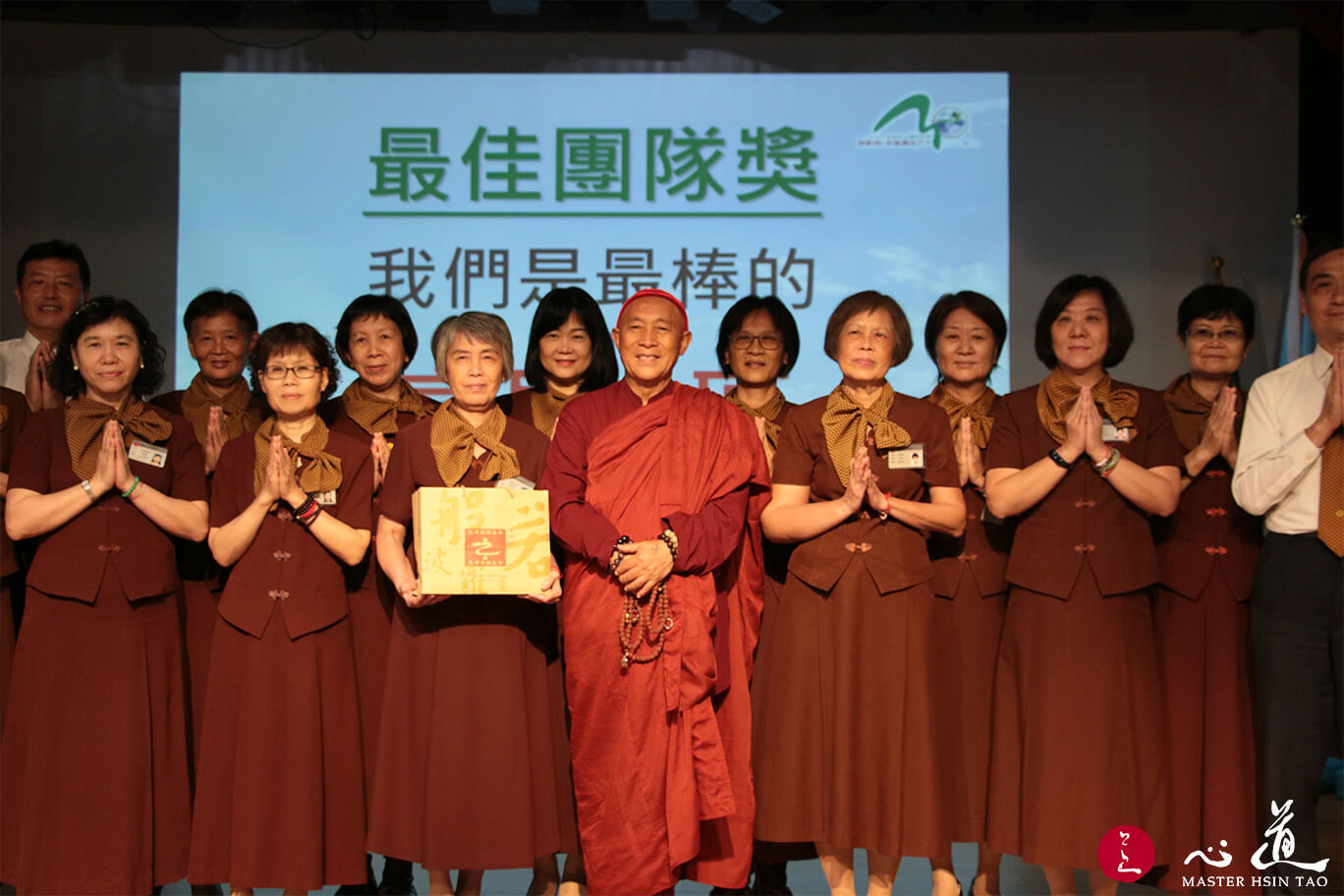 On September 28th and 29th, we held a two-day Fall Term training for team leaders of the Dharmapala Committee at LJM’s Sacred Mountain Monastery. The committee acts as a strong force in the improvement and development of LJM. Every year, we'd hold four seasonal training for the team leaders to learn and inspire.
On September 28th and 29th, we held a two-day Fall Term training for team leaders of the Dharmapala Committee at LJM’s Sacred Mountain Monastery. The committee acts as a strong force in the improvement and development of LJM. Every year, we'd hold four seasonal training for the team leaders to learn and inspire.
Are we happy with Dharma learning? As we could be here to study and carry out Buddhadharma in life. This is our happiness in life. If we don't work as a team, we'd become indolent and "off track". When we are involved, we'd want to bring happiness to oneself and others. What makes us happy? We have Buddhadharma. What does the Buddhadharma offer? It is all about “giving”. To give faith, hope, skillful means, and joy to people.
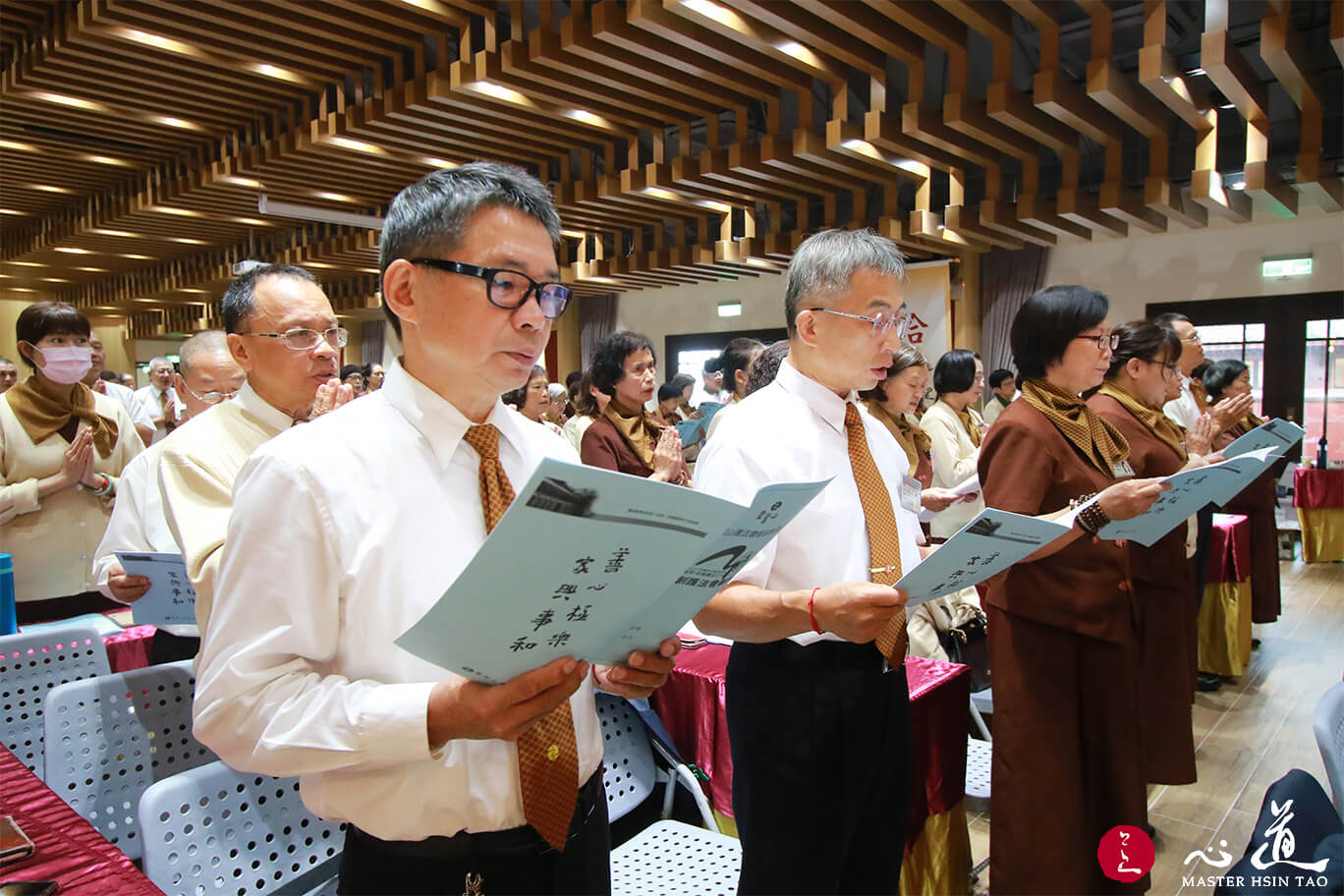 There are lots of global issues nowadays from aspects of ecology, global warming, increasing natural and manmade disasters. As human minds are getting ever more chaotic and emotionally unsteady – crime rates also climbed rapidly. We can only apply the right mindfulness of Dharma to stabilize our mood. We'd be the compass to guide and stabilize the community. Let's see how dire the people need Dharma as guidance. We are the lighthouse in society.
There are lots of global issues nowadays from aspects of ecology, global warming, increasing natural and manmade disasters. As human minds are getting ever more chaotic and emotionally unsteady – crime rates also climbed rapidly. We can only apply the right mindfulness of Dharma to stabilize our mood. We'd be the compass to guide and stabilize the community. Let's see how dire the people need Dharma as guidance. We are the lighthouse in society.
We’ve been doing this work for two, three decades. Once we know our position and work properly, we're generating bodhicitta. Keep in mind, bodhicitta is our activity of lifetimes. We need to apply bodhicitta to sentient beings. Lead them onto the path of Dharma. In future lives, we and sentient beings would naturally be navigated towards Buddhadharma. We’d be able to generate bodhicitta and cultivate right mindfulness diligently. What is “right mindfulness”? It is the generation of anuttara-samyak-sambodhi and to liberate sentient beings from suffering for the ultimate happiness. How though? One of the methods is to cultivate virtues. Once we choose a virtuous career, we'd become a positive force in society. Altogether, we're the GPS of virtues.
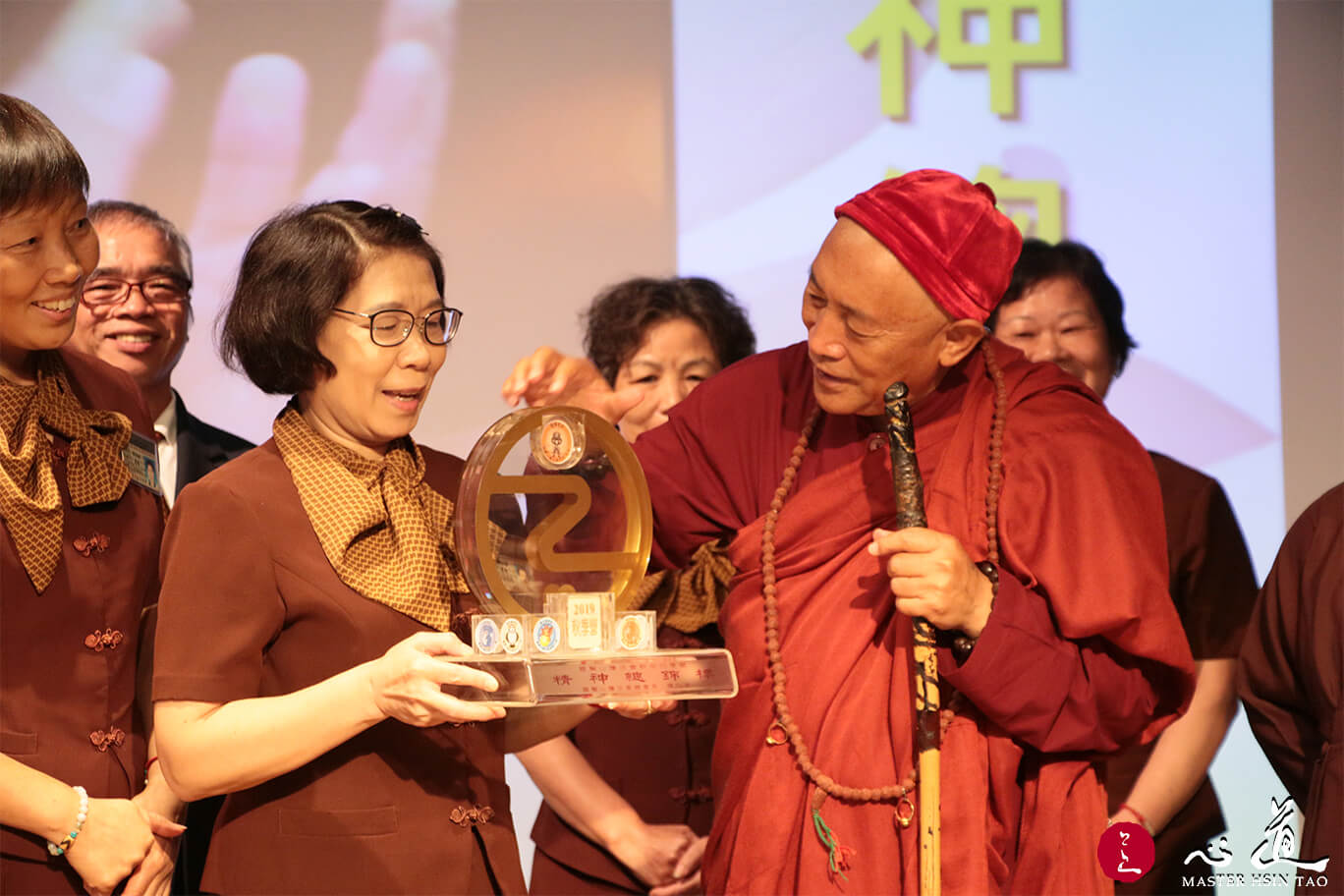 Next, we learn the way of liberation. Our mind is unarising and unceasing. Our afflictions and attachments are those that arise and cease. How do we put them to rest? It’d require the practice of shamatha (calm-abiding) and vipashyana (insight). Shamatha is to abide. Vipashyana is to be watchful of the mind. Chan practice is to put thoughts to rest. This would require slow practice until our inner mind remains quiet despite our busy physical bodies.
Next, we learn the way of liberation. Our mind is unarising and unceasing. Our afflictions and attachments are those that arise and cease. How do we put them to rest? It’d require the practice of shamatha (calm-abiding) and vipashyana (insight). Shamatha is to abide. Vipashyana is to be watchful of the mind. Chan practice is to put thoughts to rest. This would require slow practice until our inner mind remains quiet despite our busy physical bodies.
Next year is the 30th anniversary of the Dharmapala Committee. We must aspire to invite new people. The transmission of Dharma is our duty so to move forward a better life.


